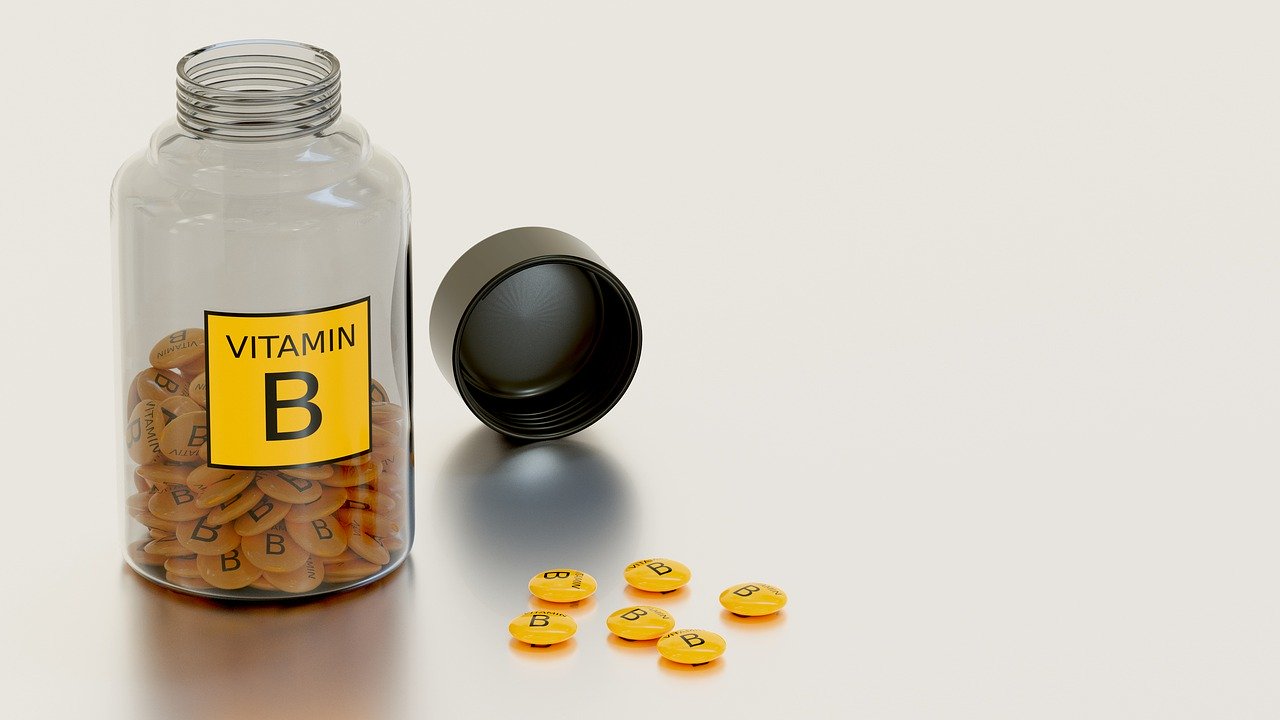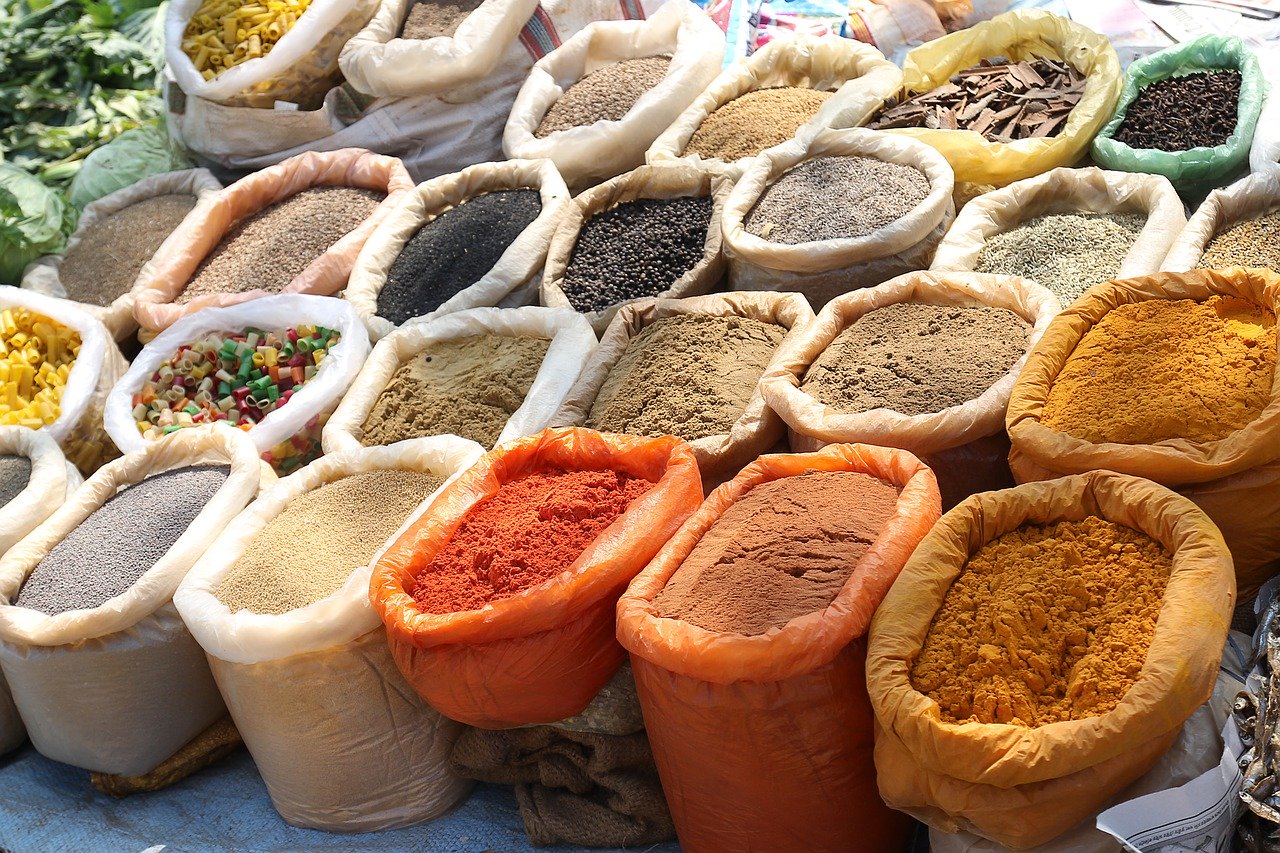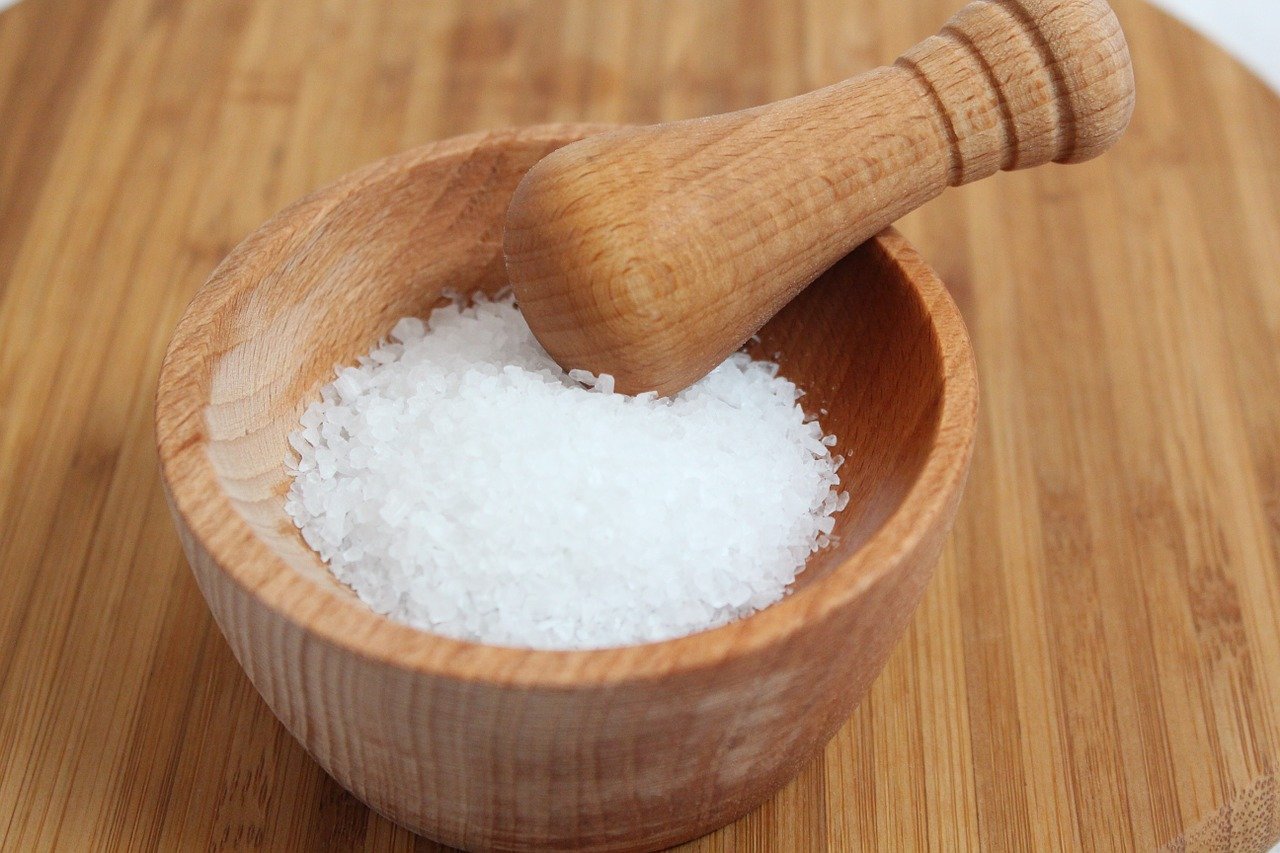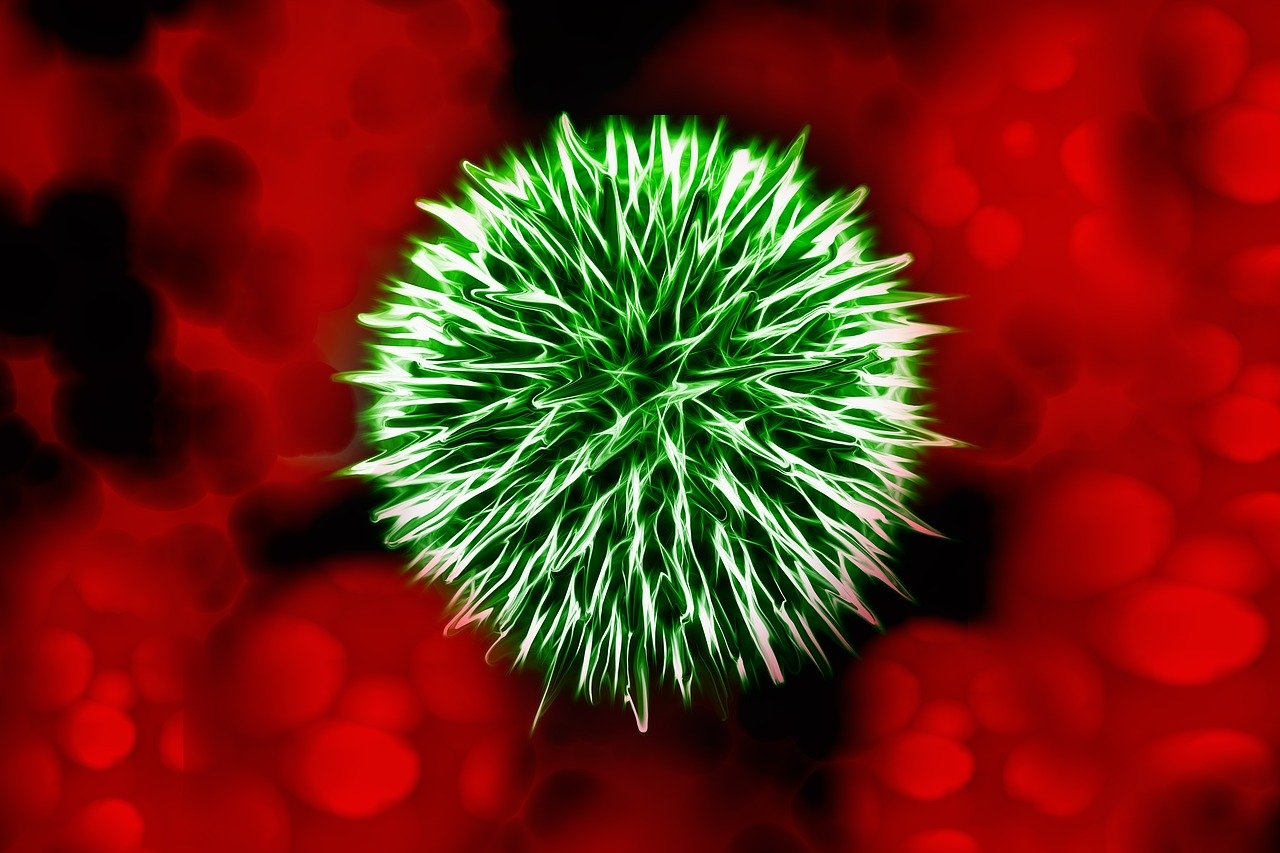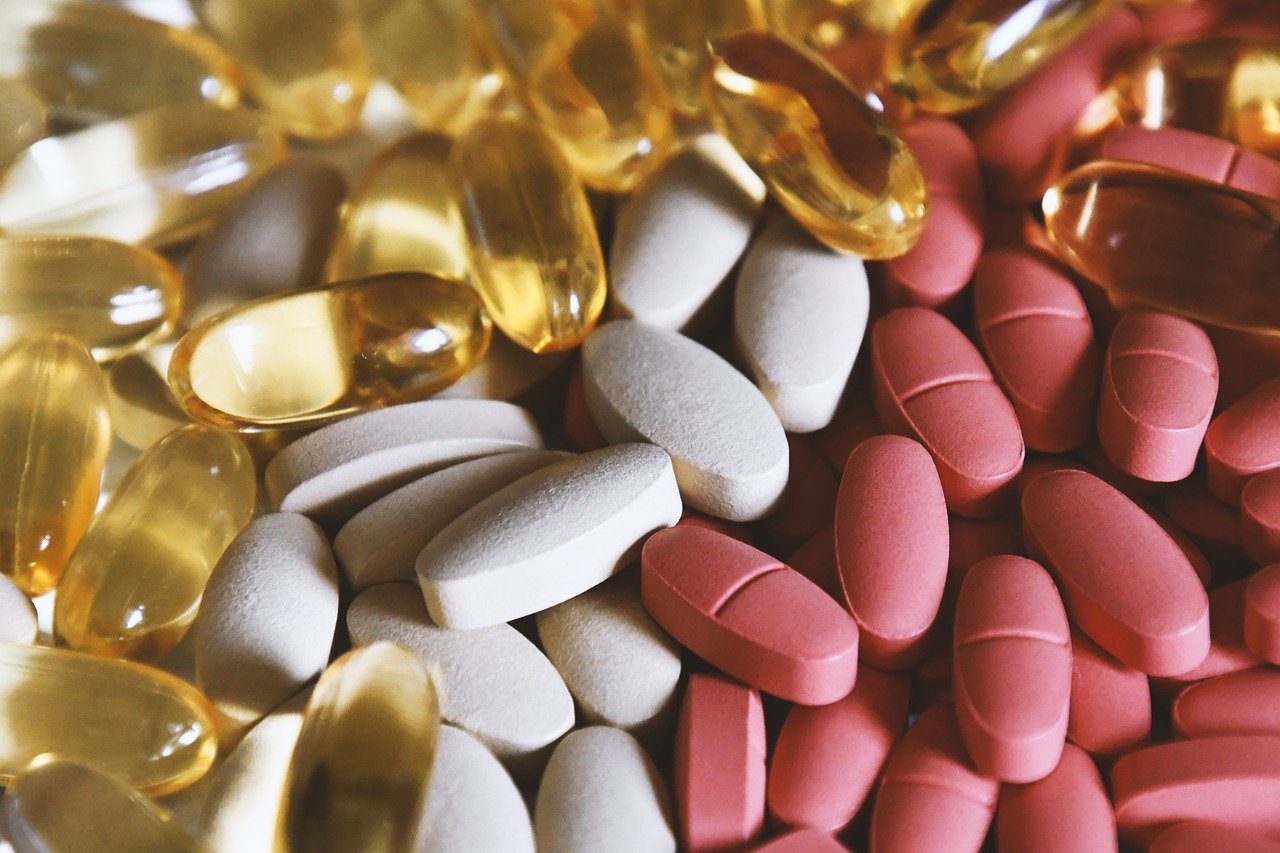In April 2020 researchers from the UK published their review to assess the association between nutrition and risk of hypertension. Hypertension contributes to over 9 million deaths per annum, mainly … Read more
Herbs and spices appear to have antioxidant, anti-microbial, and anti-inflammatory properties and they may in addition reduce the risk of developing chronic diseases, eg cardiovascular disease, neurodegenerative conditions, chronic inflammation, arthritis, cancer, obesity and diabetes type 2
In May 2019 researchers from Canada published their review of the medical scientific literature to identify and assess specific biomarkers in 25 herbs and spices, namely anise, basil, black pepper, … Read more
Dietary salt restriction appears to reduce central blood pressure which seems to be, at least in part, independent of the changes in peripheral blood pressure
In April 2020 researchers from Italy published their review of the medical scientific literature to assess the effect of salt on central blood pressure which is significantly associated with cardiovascular … Read more
Specific dietary factors and dietary patterns alter the gut microbiota profile, which is an essential factor in the development and progression of obesity
In December 2019 researchers from South Korea published their review on the effect of diet on the gut microbiota and how it is associated with obesity. Obesity is described as … Read more
A higher adherence to a healthy or Japanese dietary pattern may associated with reduced symptoms of depression during pregnancy
In January 2018 researchers from Japan published the results of their study to assess the association between dietary patterns and depressive symptoms during pregnancy. A total of 1,744 pregnant women … Read more
Reduced salt intake, omega-3 long-chain polyunsaturated fatty acid use and folic acid supplementation may reduce the risk for some cardiovascular events in adults, whereas combined calcium plus vitamin D appears to increase the risk of stroke
In July 2019 researchers from the USA published their review of the medical scientific literature to assess the effects of nutritional supplements and dietary interventions on cardiovascular outcomes in adults. … Read more
A high salt content in the faecies is associated with a decreased diversity of gut bateria and a depletion in Akkermansia muciniphila and Bifidobacterium, specifically B. longum and B. adolescentis
In April 2019 researchers from France, Saudi Arabia, Mali, French Polynesia and Senegal published the results of their study to assess the ability of salt to alter the gut bacteria. … Read more
Dietary salt intake predicts total fluid consumption and sugar-sweetened beverage consumption which in turn increases the risk of obesity
In January 2013 researchers from Australia published the results of their research to assess the association between dietary salt, fluid intake, sugar-sweetened beverage consumption and weight status in 4,283 Australian … Read more
A higher salt intake appears to be linked to obesity in both children and adults which is independent of energy intake
In October 2015 researchers from the UK published the results of their study to assess whether salt intake was associated with obesity independent of energy intake. Energy intake was calculated … Read more
Adding small amounts of sugar or salt to vegetables reduces the taste of bitterness
It is estimated that only about 25% of adults and 7% of children consume the currently recommended amounts of vegetables each day and it is thought this could be due … Read more

